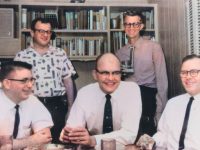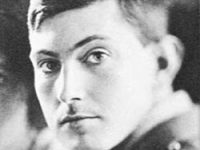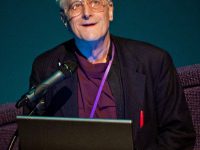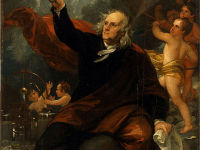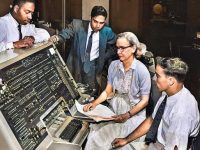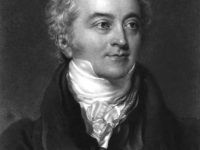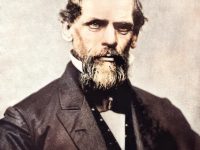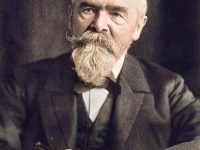Jack Kilby – Inventor of the Integrated Circuit
On June 20, 2005, physicist and inventor Jack St. Clair Kilby passed away. He was best known for creating the integrated circuit, the basis of almost all electronic devices operating today. “I’ve reached the age where young people frequently ask for my advice. All I can really say is that electronics is a fascinating field that I continue to find fulfilling. The field is still growing rapidly, and the opportunities that are…
Read more











